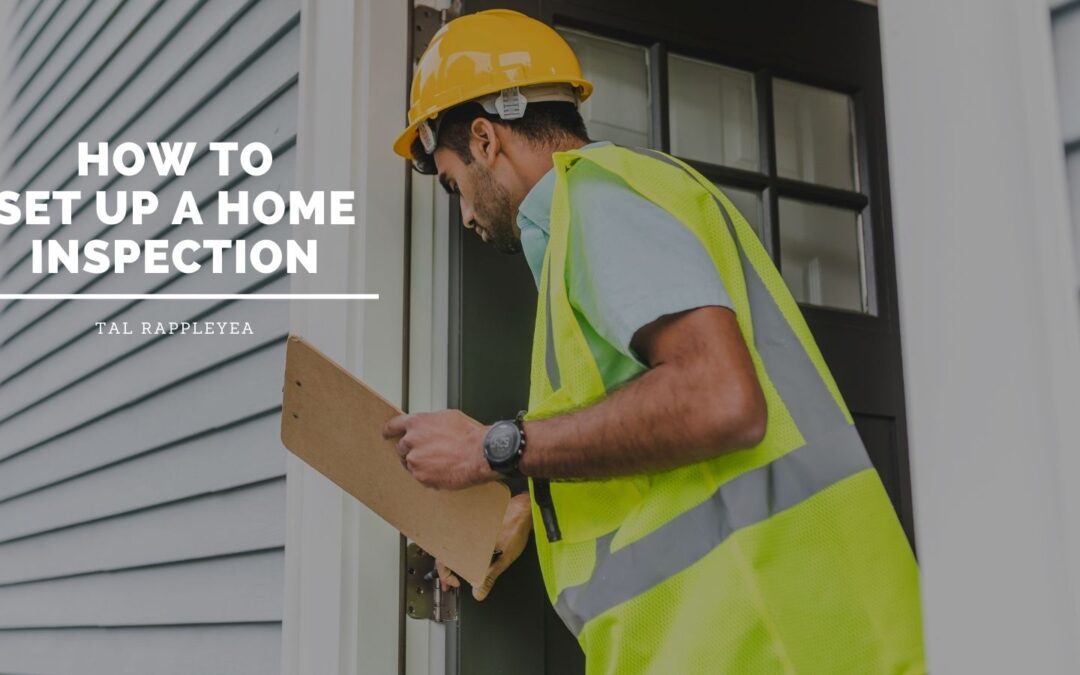Home purchasing is one of the most significant financial decisions many will ever make. With such a momentous commitment, it’s crucial to ensure that your investment is a sound one. A home inspection allows potential buyers to uncover any underlying issues with a property before finalizing the purchase. This vital step offers a comprehensive look at the property’s condition, ensuring there are no unseen pitfalls or unexpected repair costs in the future. While home inspection may seem daunting, especially for first-time homebuyers, understanding the process can make it more approachable.
Choosing the Right Inspector
Selecting a qualified home inspector is paramount. Seek recommendations from trusted real estate agents, friends, or online reviews. Once you have a few names, research their credentials. Ensure the inspector is certified (if necessary in your state) and a professional association member, like the International Association of Certified Home Inspectors. Don’t hesitate to interview potential inspectors. Ask about their experience, areas of expertise, and if they’re familiar with the type of home you’re buying. For instance, older homes might have unique issues that require a seasoned inspector.
Preparing for the Inspection
Once you’ve chosen an inspector, coordinate a meeting that works for all parties involved: you, the inspector, and the current homeowner. It’s beneficial for buyers to attend during the inspection, allowing them to ask questions and get to know the property better. Before the review, list any visible issues you’ve noticed or areas of concern. Share this with the inspector to ensure they’re specifically addressed. Ensure the property is accessible, meaning all areas, including the attic, basement, and all rooms, are unlocked and reachable. If the home has systems like a security alarm, they should be turned off for a thorough examination.
Understanding the Inspection Report
After the inspection, a detailed report of findings will highlight potential issues, from minor repairs to significant structural problems. Reading this document thoroughly and asking the inspector any questions for clarity is essential. Look for sections labeled “safety concerns” or “major defects.” These are areas that require immediate attention. While minor issues like a dripping faucet might not be deal-breakers, foundational problems or outdated electrical systems can be costly. Use the report to make an informed decision about moving forward with the purchase. If there are significant problems, you can negotiate with the seller about doing repairs or discussing a price reduction.
A home inspection is an indispensable step in home-buying, ensuring you make a wise investment unburdened from unforeseen complications. Buyers can confidently navigate this stage by choosing a qualified inspector, adequately preparing for the examination, and carefully reviewing the report. Remember, no home is perfect; every inspection will likely reveal some issues. The goal is to uncover significant problems that could affect the property’s value or the inhabitants’ safety.
